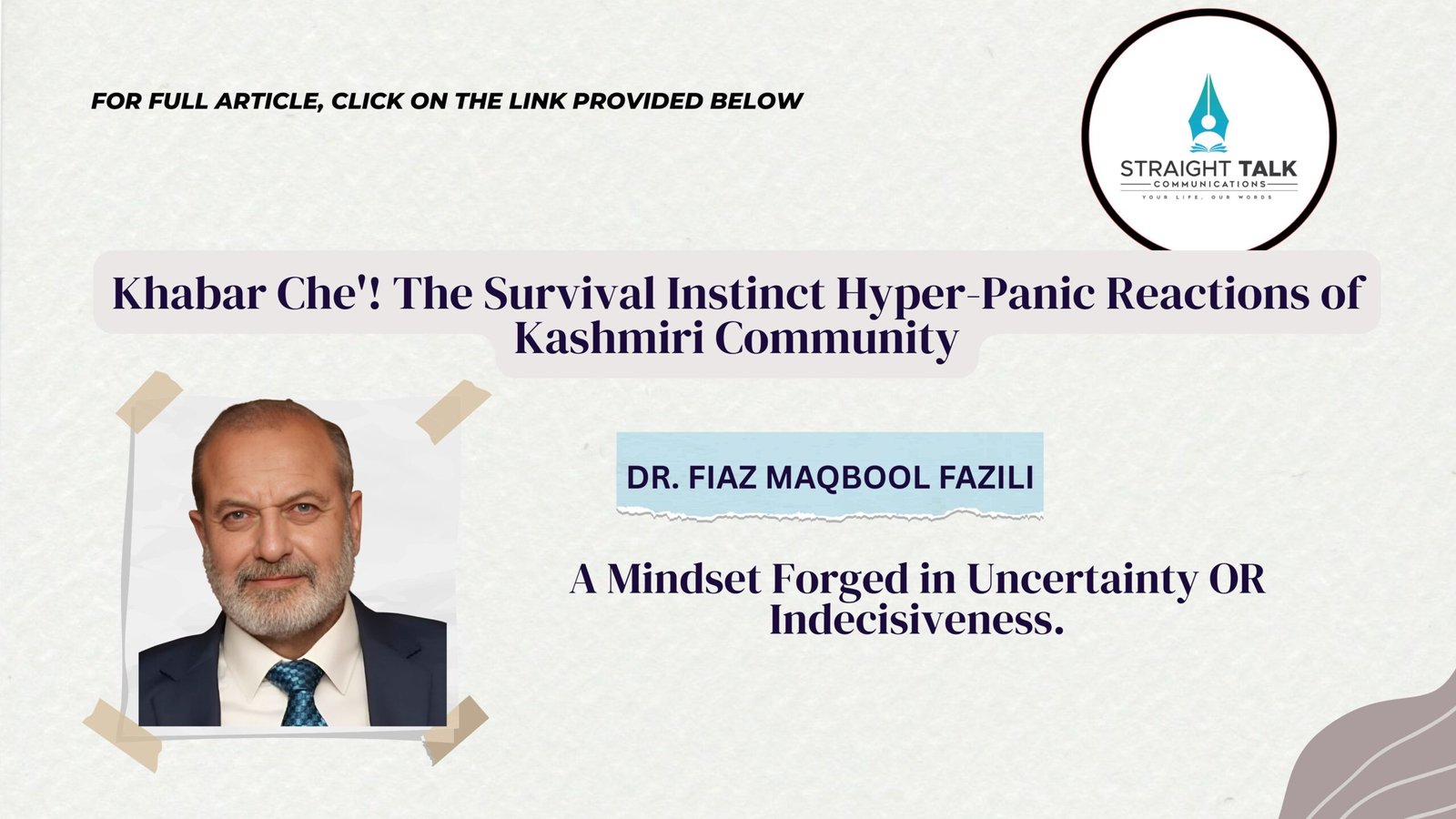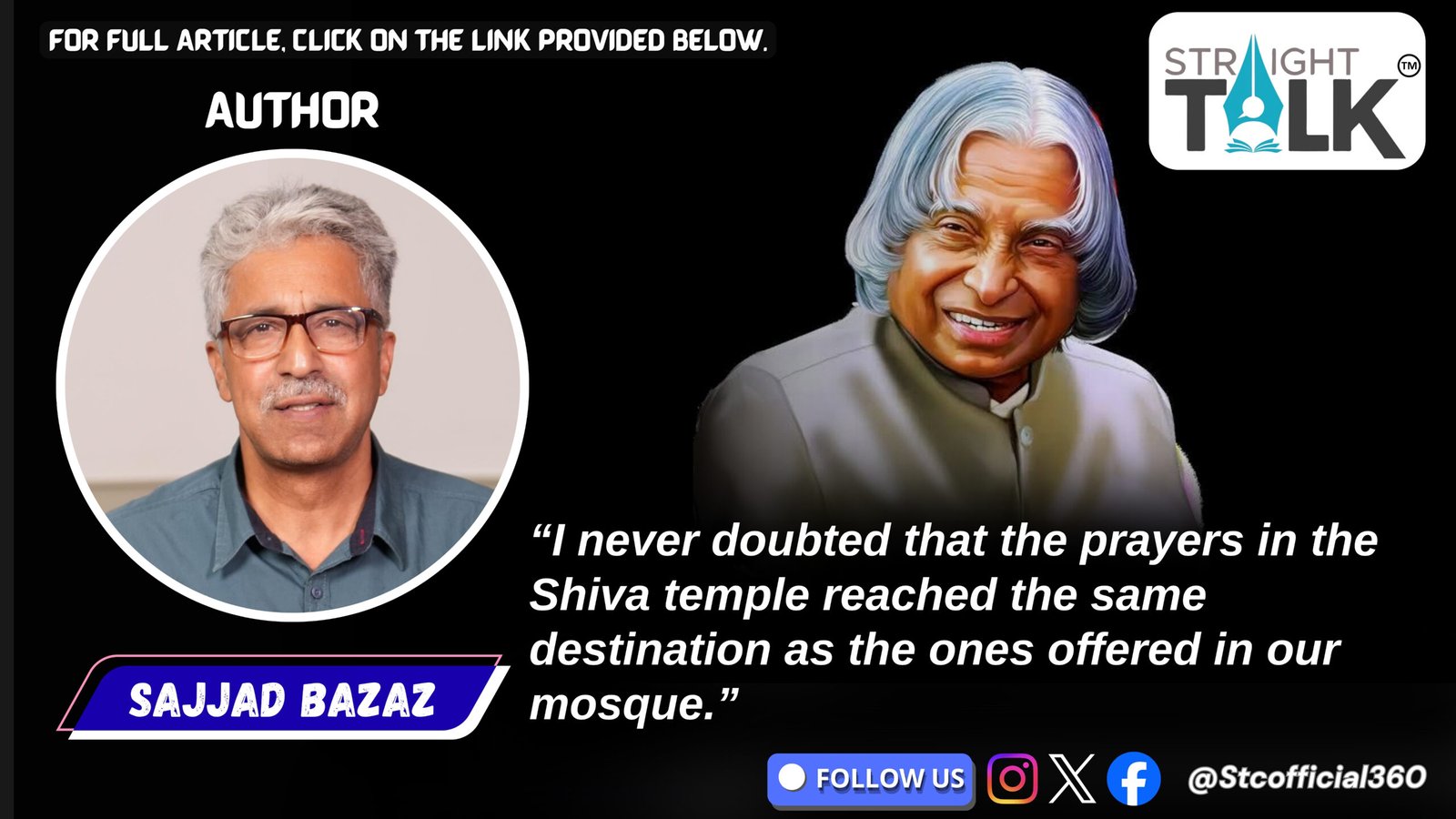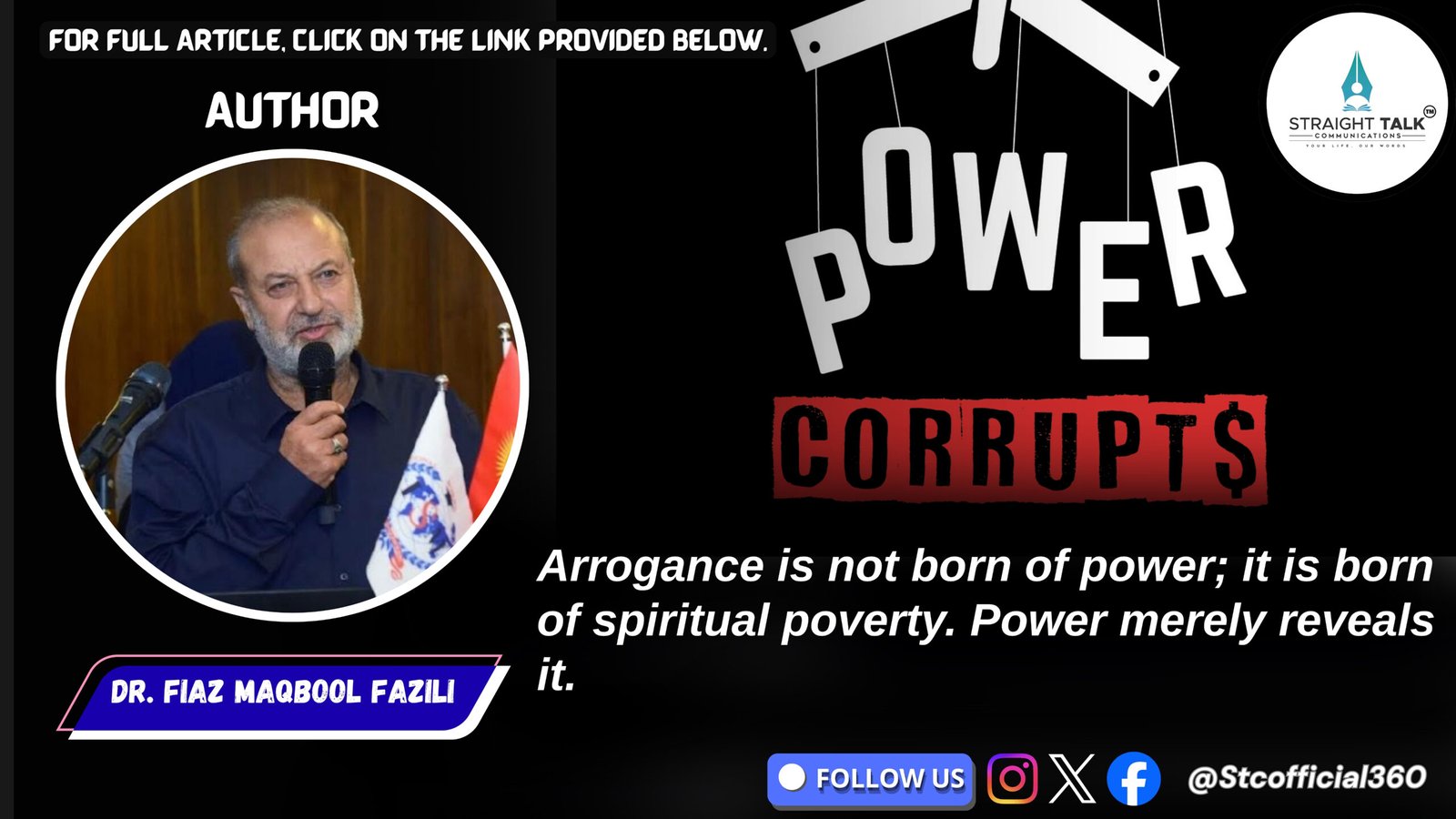Khabar Che’! The Survival Instinct Hyper-Panic Reactions of Kashmiri Community

A Mindset Forged in Uncertainty OR Indecisiveness.
DR. FIAZ MAQBOOL FAZILI
It’s a topic I didn’t want to address—a story I preferred previously not to revisit. But after witnessing frenzied scenes where we the Kashmiris tend to overreact in certain situations, I feel compelled to speak up on people scrambling at gas stations, crowding grocery or medical stores, and hastily withdrawing cash from ATMs—left me uneasy. It all felt like a chaotic puzzle I couldn’t quite piece together.” This writeup blends historical context, psychological insight, and socio-political analysis to explain why Kashmiris react with hyper-preparedness (hoarding)_to disturbances, how misinformation fuels these reactions, and whether this mindset—while practical—also reflects the psychological toll of living in a perpetual state of uncertainty on supplies or essential commodities. And though you’ve often been told you’re, “too sensitive,”. But there’s a deeper kind of knowing—one that doesn’t speak in words, but in mind waves. Unarguably, the slightest whisper of unrest sends valleyities rushing to markets, and banks. The hyper-preparedness ingrained in the Kashmiri psyche to any outsider may seem like an irrational panic—but for Kashmiri, it is a deeply ingrained survival instinct, a collective muscle memory of survival, honed by years of unpredictability on supplies where emotion meets intuition.
The Kashmiri dialect, “Khabar che?” epitomized by the ubiquitous unpredictability encapsulates this unspoken anxiety “we don’t know “or Persian dialect (“What’s the news?”), also a learned response to a history where the next crisis is always looming transcends mere linguistic exchange to mirror the collective psyche. Nestled in a region marked by protracted disturbance, conflicts and existential uncertainty, Kashmiris have cultivated a linguistic landscape imbued with caution, ambiguity, and protectionism which may be labelled as “uncertainty syndrome.” Such linguistic traits reflect behaviors like tight-knit social bonds, cautious public discourse, and reliance on oral traditions, where expressions of despair adapt with wit and hope. In every cautious question or veiled metaphor, the Kashmiri tongue reveals a psyche navigating uncertainty not just through words, but through an enduring ethos of resilience.
What we hear/heard from our elders Kashmiris have endured decades of historical mental trauma—from wars (1947, 1965, 1971) to political unrests, protests, hartals and prolonged blockades that had left essential supplies scarce. Older generations recall crises like the loss of the holy relic, while younger ones witnessed extended curfews (such as during Late G.M. Shah’s tenure), COVID lockdowns, natural disasters, militancy and communication blackouts. Each event has shaped collective behaviour, teaching Kashmiris that in times of crisis, relying on national highways or local supply systems is unreliable. Stocking up isn’t panic—it’s a necessary survival strategy, a mindset most of us grew up with. The irony of resilience is that the world praises Kashmiris, but few do ask: “Should people have to be reactive(hyper) to this extent?” A society that normalizes stockpiling the thin line between preparedness and hoarding is murky. Stocking some food stuff, medicine is understandable but puzzling reaction/s is the rush to fill the car tank and keep hard cash at home or withdraw gold etc from safe lockers during the crisis. To many, me included, this seems illogical and a false notion that carrying “Gold” in lockers is unsafe during disturbance, so they withdraw. On the flip side while talking to many such people in Kashmir, the impression I got was of liquid security. When banks freeze and cash may disappear, gold is the last-resort currency, families survive by “selling jewellery” may be the reason. During the 2019 lockdown, many survived by selling jewellery—not because they wanted to, but because cash was inaccessible. Kashmiris have lived through prolonged sieges, where supply chains vanished overnight. Empty markets, ATMs running dry, poultry, medicines disappearing—these aren’t hypotheticals; they’re lived experiences. When uncertainty is the only certainty, hoarding isn’t irrational but justified by some common Kashmiri—it’s adaptive.
Why does misinformation spread so easily? This question always baffled me. The fog of fear is evident in common Kashmiri words,” Khabar Che”(don’t know about future) – “Dapan Keyah”-(what are people saying) “Kya Gatchee,” (what is going to happen) used during disturbed times all hints of the survival instinct and unpredictability. Perhaps, misinformation spreads there is some element of distrust in known news sources. In a climate where rumours fill the void as the default ‘news truth’ is often met with suspicion, interactions with diverse residents reveal how uncertainty fuels crisis reflexes on no phones, or internet. Reliance on rumours a claim like “Petrol will vanish in 48 hours” could empty stations by sundown. Generations now inherit distrust that institutions obscure facts, gossip becomes “intelligence. “Each murmur of unrest reignites collective trauma—because history repeats. In conflict zones, truth dies first. Even when officials reassure you in situations to minimise threats, locals brace for catastrophe. A chronic psyche breeds a “assume the worst” instinct; even baseless alerts spur action, because the price of unpreparedness is unthinkable.
In the paradox of preparedness, what is enough for an ordinary Kashmiri? A thin line exists in a normal human response to have some sort of instinct for emergency preparedness and hoarding in crisis management, but this comes at a cost—the “burden of constant vigilance.” Keeping months’ worth of supplies isn’t just practical; it’s emotionally exhausting, a life lived in perpetual anticipation of disaster. In private discussions with people of diverse backgrounds, the question “What is enough?” has no fixed answer. For many Kashmiris, “enough” means surviving another week of curfew or another month of blockade. Critics argue that hoarding exacerbates artificial shortages and undermines collective resilience, branding it an overreaction. However, dismissing this behaviour many overlooked it as the deep-seated anxiety bred by lived experiences of uncertainty in supplies., and say It’s neither hoarding nor greed—it’s about the psyche outlasting the next crisis.
Decades of disturbances have rewired the collective psyche to prioritise survival over convenience. Till this mindset of “hyper-panic” reaction exists we Kashmiris may not consider such responses a hyper reaction for essentials— (medicine, petrol, food, even withdrawing cash from ATMS or taking gold from safety lockers) irrational to unfounded fear. To them it’s a learned necessity, born from the hard lessons, a psyche” Khabar che “. When feeling that way, You Know; you were taught to think your way through everything this is where emotion meets intuition. I guess I was too naive when I said such scenes, “I believe you.” I confused hope with truth and mistook potential for reality. But growth comes with the sting of realization. Naivety may have opened the door to learning, but it also proved I have the courage to hope—and that’s a strength I won’t apologize for.
“Quest to Peace-Cease fire, we hope and pray it lasts longer. Lastly, what struck me as surprising was how, even after the ceasefire, some continued to whisper ‘khabar che’how long —as if war might reignite very soon —leaving me trapped in this cycle of certainty and uncertainty, with no clear answers to assurances in sight. Concluding, what if the survival instincts you learned as a child are still holding you back today? Trauma doesn’t just live in your past—it shapes your present too. It isn’t just what happened to you— And Quietly Flows the Jhelum:” it’s how it shaped you.








Sir Walter Lawrence has passed similar comments on Kashmiris in his book THE VALLEY OF KASHMIR a hundred years back.